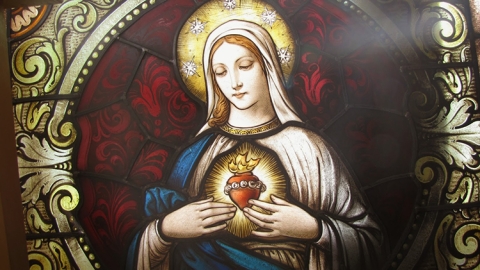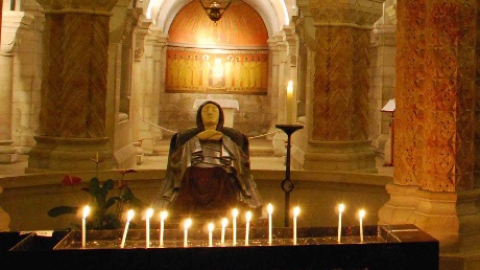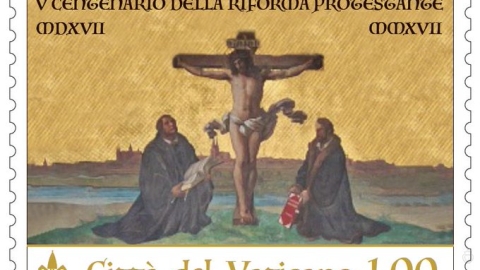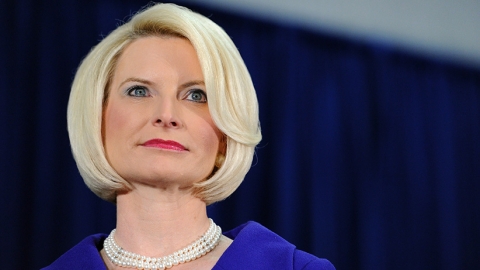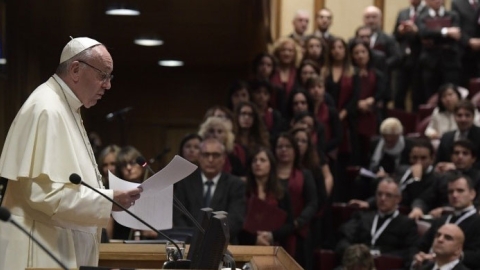Cardinal Müller's Surprising Words: The Reformation was “not of the Holy Spirit”

Cardinal Gerhard Müller, prefect of the Congregation for the Doctrine of the Faith.
On Oct. 31, the Western world commemorated the 500th anniversary of Martin Luther starting what became Protestantism, an event that helped create modernity and Modernism.
While too many Catholic clergy are joining the world in this celebration, Gerhard Cardinal Müller, former prefect of the Congregation for the Doctrine of the Faith, has sounded a more sensible, historically accurate, and cautionary note.
Starting a series of columns for the Italian newspaper La Nuova Bussola Quotidiana, on Oct. 24 the cardinal noted that rather than the world’s view of Luther and Protestantism as a reaffirmation of the gospel over a corrupt medieval church, this new theology was a “revolution… not of the Holy Spirit” with a “disastrous effect” on Europe’s faith, a “total change of the foundations” of Christianity.
Luther “abolished five sacraments and also denied the Eucharist,” Müller reminded his readers.
Responding to an Errant Prelate
The cardinal specifically was answering Bishop Nunzio Galantino, second-in-command at the Italian bishops’ conference. Speaking at the Pontifical Lateran University in Rome on Oct. 19, Galantino called the Reformation an “event of the Holy Spirit,” adding that it “corresponds to the truth expressed in the saying ‘Ecclesia semper reformanda’ [the church is always reforming].” This is part of the “great confusion” about Luther among Catholics that Müller has pointed out. This has been so since the ecumenical dialogues with Protestants and other faiths according to the spirit of Vatican II and leading to religious relativism. Luther is often seen as a well-meaning Catholic reformer.
Müller answers Galantino by saying that denial of essential articles of faith cannot truly be called a reform:
Catholic reform is a renewal of faith lived in grace, in the renewal of customs, of ethics, a spiritual and moral renewal of Christians; not a new foundation, not a new Church.”
Müller also alluded to mainstream Western society’s affection for Pope Francis, noting that it reverses the church’s real view. The Pope’s private remarks, which have no doctrinal authority, are treated as infallible while the church’s defined doctrine is treated as fallible and thus changeable.
Background on the Reformation
On All Saints’ Eve 1517, German Augustinian friar Martin Luther nailed a document with 95 theses or points for discussion questioning Catholic theology and practice. Many Protestants celebrate Oct. 31 as “Reformation Day.” Luther distorted Scripture to support a largely imaginary view of the first Christians. He even suppressed some of the Books of the Bible which were not in accordance with his opinions. He subverted the meaning of most important points of Faith like grace, justification, faith and Church. He did not reform but brought in his protest against the Church, millions of souls during his life and since then.
Sources: www.ncregister/catholicherald/sspx.org - 11/06/17
